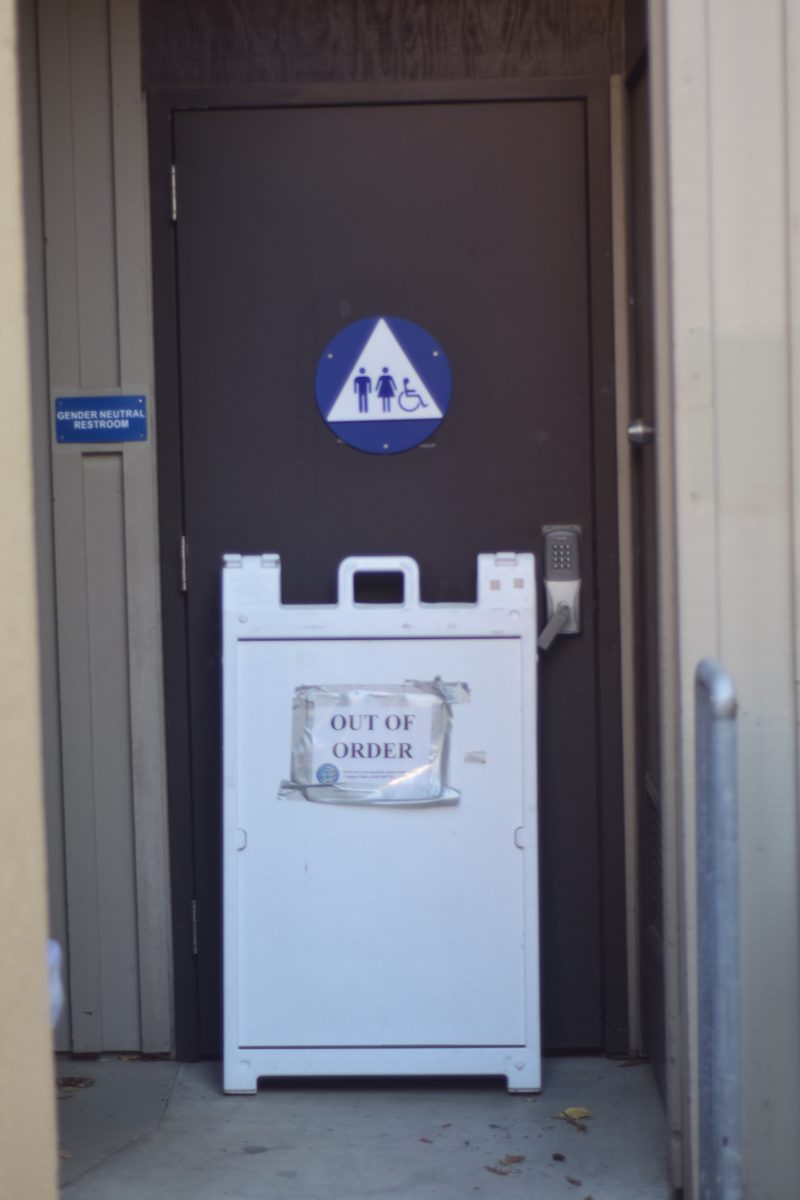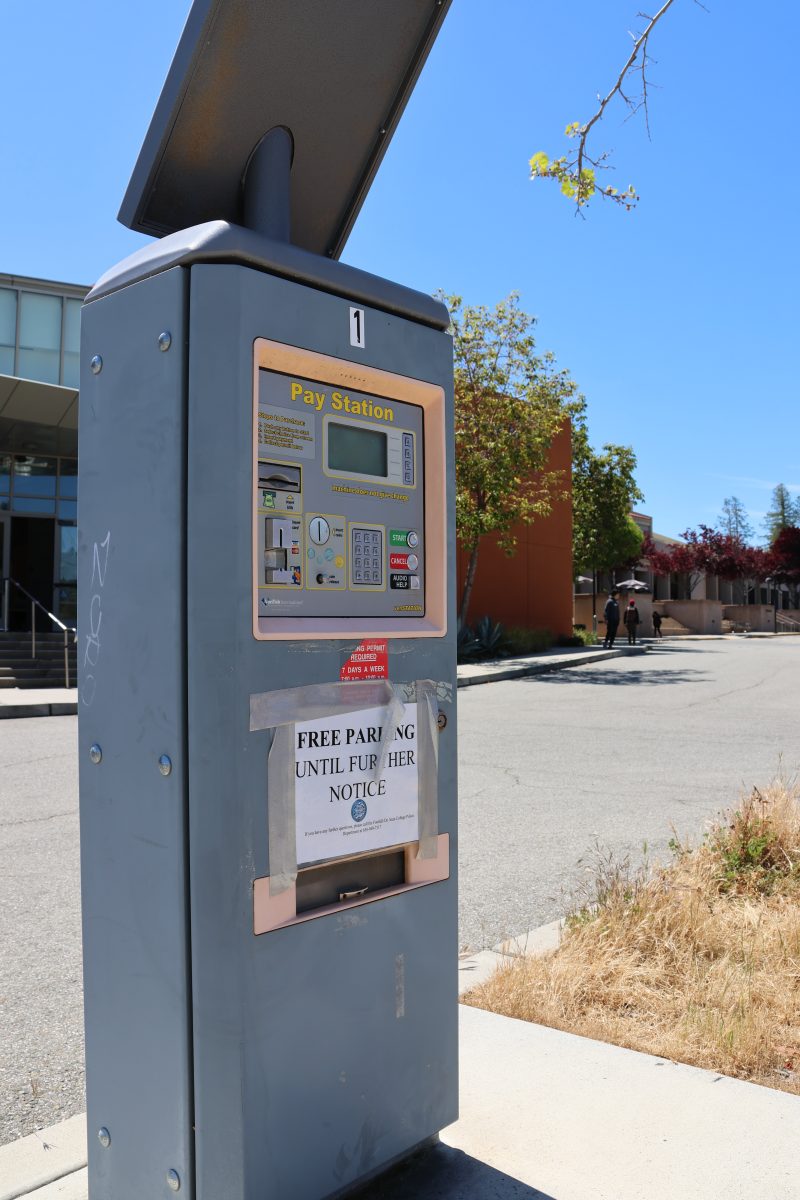Have you ever wondered why fast food hamburgers are so cheap? According to meatami.com, the meat and poultry industry generated over $154.8 billion in sales in 2009, making it one of the largest and most powerful segment of agriculture.
Try fighting against that and you’ll be up against very powerful special interests that will oppose any change to the way they operate. Economics is a big factor, and some slaughterhouses may be impacted economically by the enactment of the 2008 California Downer Animal Slaughter Law.
The U.S. Supreme Court is poised to make a ruling on the legislation, which requires slaughterhouses to “humanely euthanize” pigs unable to walk, and keeping them out of our food supply.
The legislation passed following investigative footage released by the Humane Society in January 2008. This horrific footage depicted cows being unable to walk or stand whilst being kicked, electrocuted, dragged with chains and rammed with forklifts. Footage comes from the Westland/Hallmark slaughterhouse in Chino in San Bernardino County, California.
The footage prompted the U.S. Department of Agriculture to immediately close down the facility and for President Barack Obama to issue an order prohibiting downer cows from being sent to slaughter.
The USDA subsequently recalled 143 million pounds of beef out of fear over mad cow disease, but a reportedly 37 million pounds had already been sold into the National School Lunch Program.
Lawyers for the Obama administration are siding with the National Meat Association in striking down the California legislation, which has been on hold pending a legal challenge from the group.
The main argument against the California legislation is a provision in the 1967 Federal Meat Inspection Act that bars states from imposing additional requirements on federal meat inspectors.
The fact that consumers are blind to what goes on in slaughterhouses has been a persistent dilemma since the meat industry’s inception in the U.S., well over 100 years ago. The socialist author Upton Sinclair exposed the grotesque practices of these for-profit, meatpacking corporations in his 1906 book, “The Jungle.”
His exposure of the inhumane conditions to both animals and humans triggered the passage of the Pure Food and Drug Act and the Meat Inspection Act. Obviously, it was not enough to stop the cruelty and abuse of animals used in our food supply.
The lack of a solution forces one to question whether it’s ignorance or carelessness that plagues our meat industry. What about morality? Don’t we have a moral obligation to treat living creatures humanely? Are we forgetting where our food comes from and how it reaches us? Some consumers are beginning to be more conscious about their meat; however, without the financial ability to buy the strictly grass-fed and humanely treated meat. the average consumer will opt for the fast-food hamburger to feed their kids.
Additionally, with the U.S. Supreme Court likely to side with the meat industry in striking down the law, what choice do the consumers have to insure what they are eating is safe? Perhaps now is the time you should onsider becoming a vegetarian!








